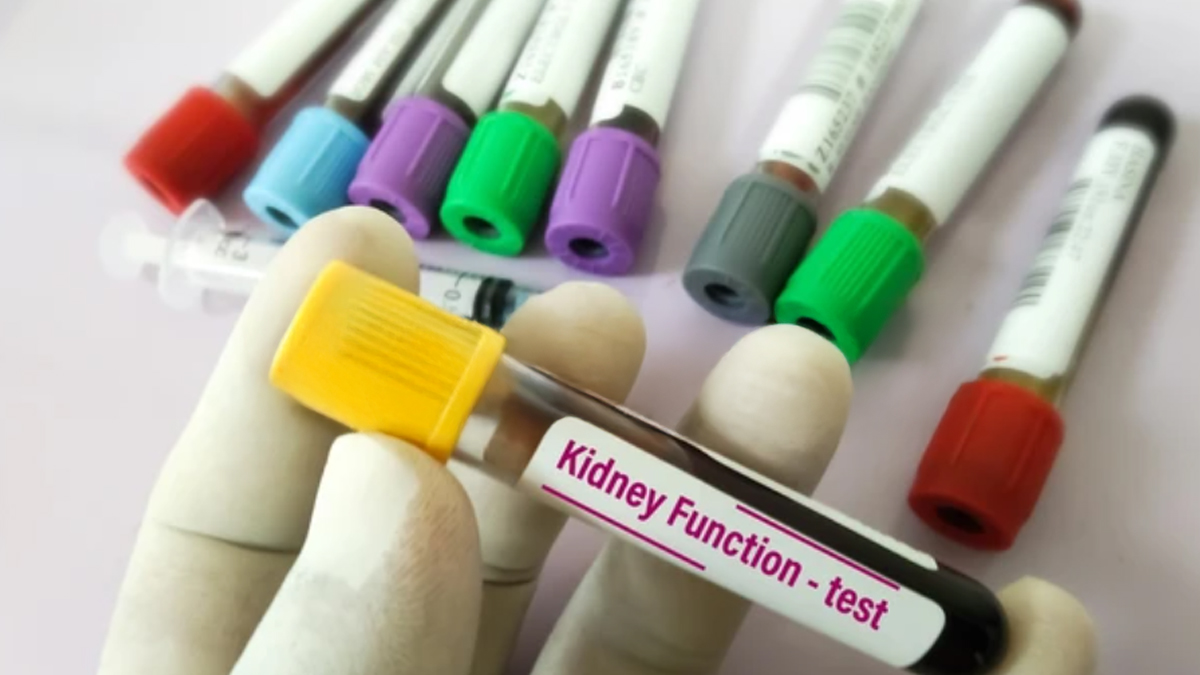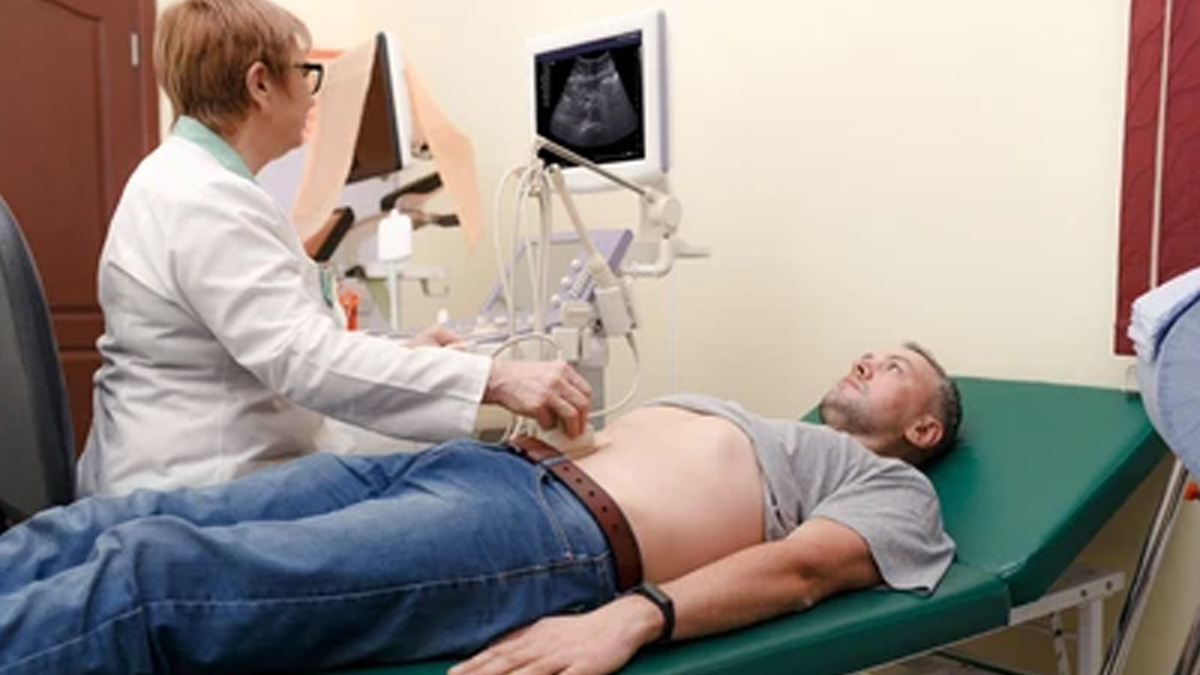
He rarely misses work, seldom complains about pain, and often puts his health at the bottom of the priority list. Whether it's the daily work routine, the provider role, or simply an ingrained sense of resilience, most dads refuse to notice the subtle symptoms of hidden health problems. But quiet does not equal safe. Many serious health ailments progress slowly and silently, with no warning signs until it's too late. That is why regular, preventive health check-ups are so important, particularly for men aged 40 and over.
Table of Content:-
Preventive care isn't merely about catching disease but mapping out a road to long-term health. We spoke to Dr Mayanka Lodha Seth, Chief Pathologist, Redcliffe Labs, who explained the importance of timely screening for men.
Basic Essential Tests For Every Father
A routine metabolic profile can reveal lifestyle disorders, chronic diseases, and imbalances of nutrients even before they snowball into health crises. Seth listed these basic tests every father should perform:

- Blood Sugar and HbA1c: People with diabetes often develop it without symptoms. Although fasting and postprandial glucose levels from blood tests give an overall picture, HbA1c provides an average of blood glucose levels over three months. It is an important tool for early screening and follow-up of diabetes.
- Lipid Profile: Abnormal cholesterol levels are the leading cause of heart disease. The test measures total cholesterol, LDL, HDL, and triglycerides to determine the risk of heart attack or stroke.
- Kidney Function Test (KFT): Hypertension and diabetes may damage kidney function without any symptoms. KFTs test for creatinine, urea, and electrolytes to assess renal status. A 2023 study found CKD in 44% of asymptomatic patients with risk factors through proactive screening.
- Liver Function Test (LFT): Non-alcoholic fatty liver disease is increasing, particularly in urban India. LFTs can identify early inflammation, liver cell damage, or bile duct obstruction.
- Thyroid Function Test (TFT): Hypothyroidism and hyperthyroidism may be asymptomatic yet interfere with metabolism, mood, and energy. TFTs, such as TSH, T3, and T4, ensure hormonal equilibrium.
- Iron, Vitamin B12, and Vitamin D: These deficiencies are prevalent in working men and may lead to fatigue, brain fog, joint pain, or mood disorders. Screening and early supplementation revives physical and mental vigour.
- Complete Blood Count (CBC): This broad-spectrum test examines red and white blood cells, haemoglobin, and platelets. It may reveal infections, anaemia, or blood disorders before they cause symptoms.
Also Read: Men Under 40 Should Get THESE 5 Health Tests
Health Tests For Fathers After Hitting 40s
After 40, subtle bodily changes can increase the risk of chronic illnesses and cancers, necessitating extra health screenings.

- Abdominal Ultrasound (USG): This painless scan serves to identify fatty liver, gallstones, kidney stones, or prostate enlargement, conditions that are not likely to provoke symptoms but could turn aggressive if left undetected.
- Treadmill Test (TMT): This cardiac stress test, even in the absence of chest pain, assesses the ability of the heart to respond to exercise and can identify underlying ischemic heart disease.
- Hs-CRP and Homocysteine: These are markers that reflect inflammation and cardiovascular risk. Hs-CRP is associated with arterial inflammation, whereas high levels of homocysteine are linked with a heightened risk of stroke and heart attacks.
Also Read: The Salty Truth: Expert Explains Why Men Need To Watch Their Sodium Intake After 40
Importance Of Cancer Screening
Cancer screening is usually neglected until the development of symptoms, but at this point, treatment is more complicated. Screening early saves lives.
- PSA (Prostate-Specific Antigen): This is a blood test that quantifies the level of PSA, which rises in prostate cancer or benign prostatic hyperplasia (BPH). Men over 40 years old with a family history should have yearly screening.
- Stool Occult Blood Test: Identifies occult blood in stool, an early indicator of colorectal cancer. Additional testing, including a colonoscopy, can be recommended if the test is positive.
Bottomline
Seth concluded, "No matter if your father is in his 30s balancing work and parenting, or in his 60s embracing retired life, regular health check-ups can help him stay active and fulfilled. Preventive care isn’t about worrying, it’s about staying one step ahead. Catching potential health issues early makes them much easier to manage or even reverse."
Convincing your father to undergo these tests might be the greatest act of love and care because the man who never complains deserves a lifetime of health.
[Disclaimer: This article contains information provided by an expert and is for informational purposes only. Hence, we advise you to consult your professional if you are dealing with any health issue to avoid complications.]
How we keep this article up to date:
We work with experts and keep a close eye on the latest in health and wellness. Whenever there is a new research or helpful information, we update our articles with accurate and useful advice.
Current Version